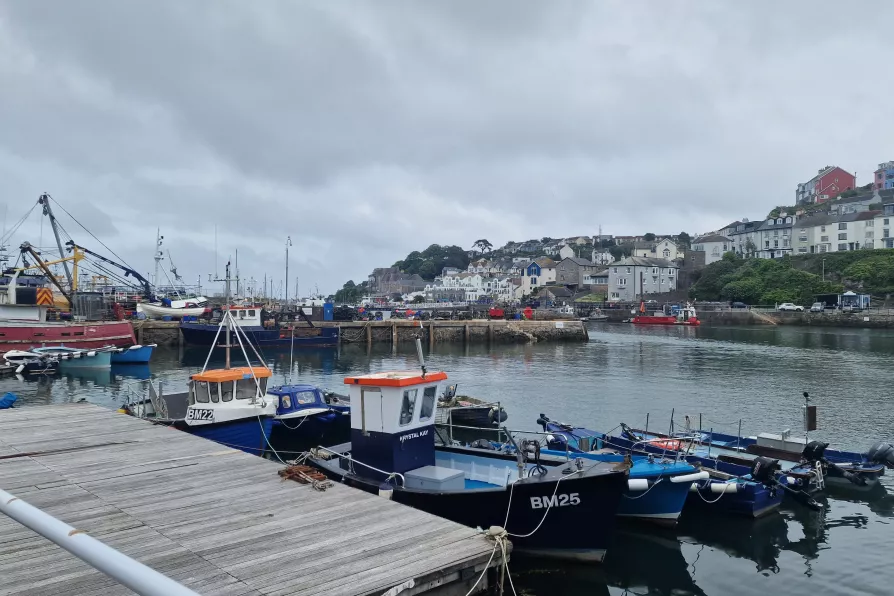Engineers call for urgent sewage upgrade to take action against faeces in rivers and seas

 A photo of a general view of Brixham Harbour, Devon, May 17, 2024
A photo of a general view of Brixham Harbour, Devon, May 17, 2024
AN URGENT upgrade is needed to Britain’s sewage system to prevent people from encountering human waste in rivers and seas, engineers warned today.
The Royal Academy of Engineering also called for extensive testing on Britain’s waterways as the continuous discharge of treated wastewater into rivers, seas and lakes contains high levels of human faecal organisms.
Although intended for emergency use only, sewage discharged from overflows, which release untreated sewage into rivers and seas to prevent sewer back-ups, increased by 54 per cent last year, according to the Environment Agency.
More from this author

'Turning the migrant crisis into a marketplace'

US president suggests he might visit the King in September














